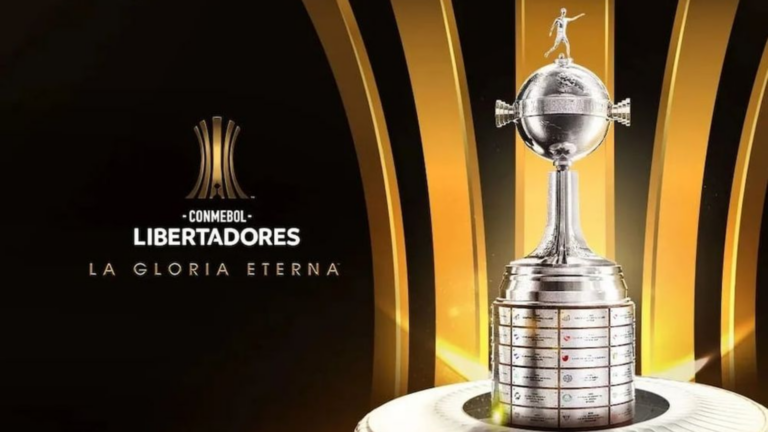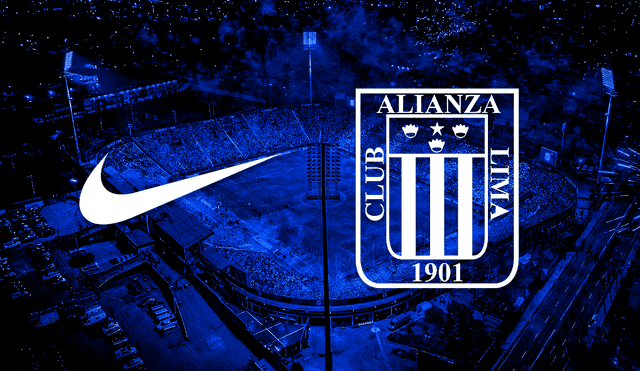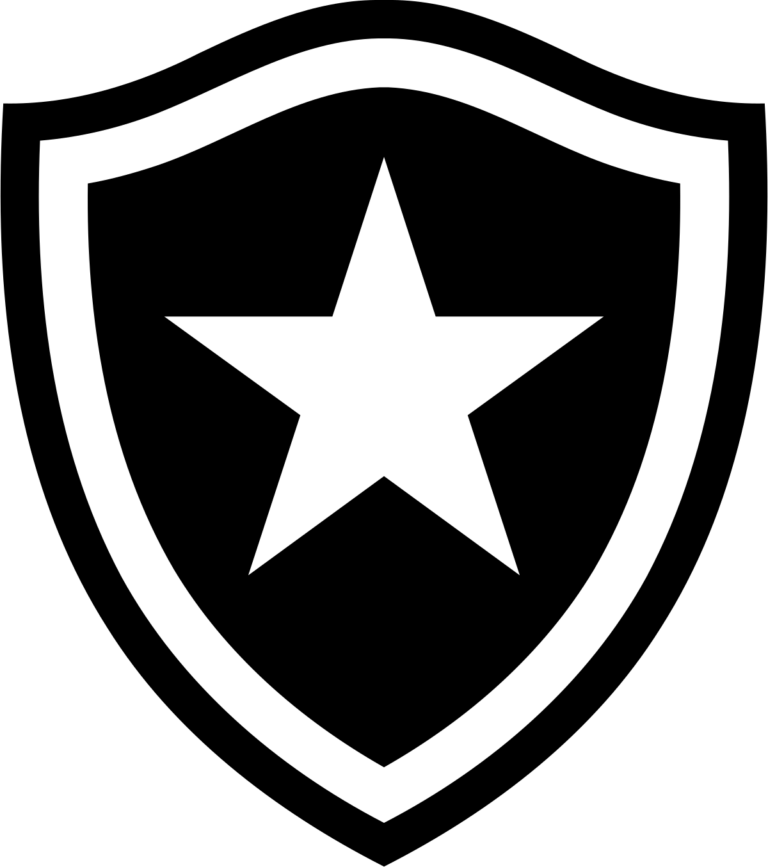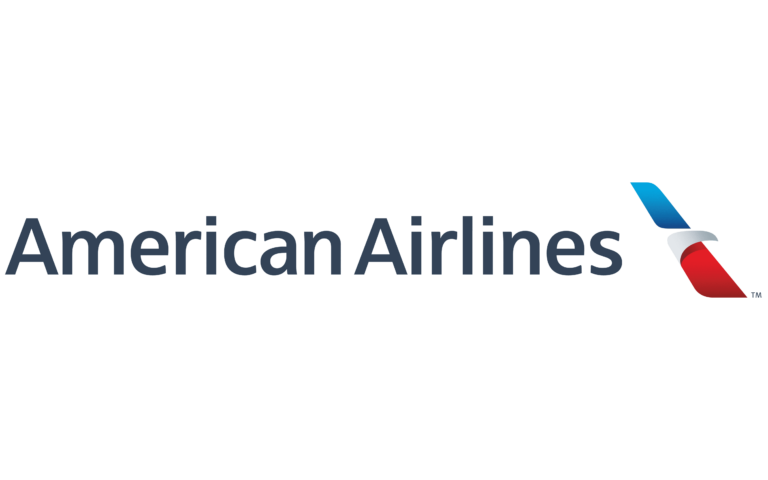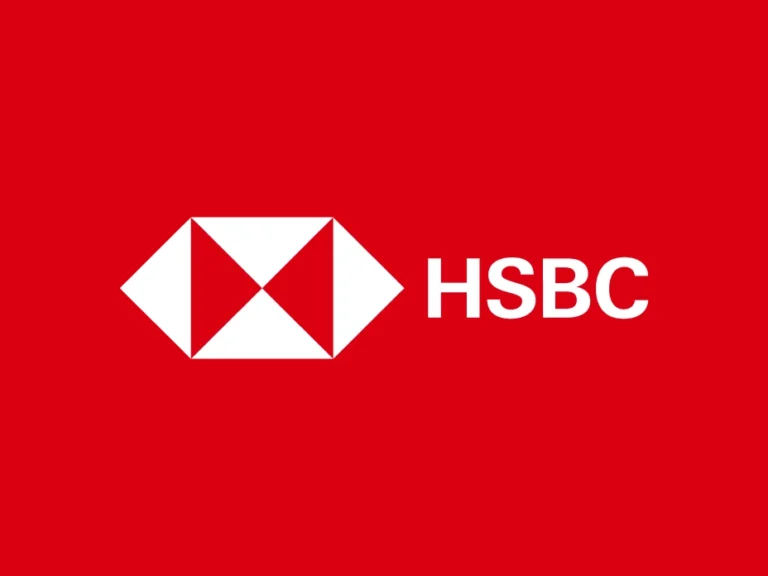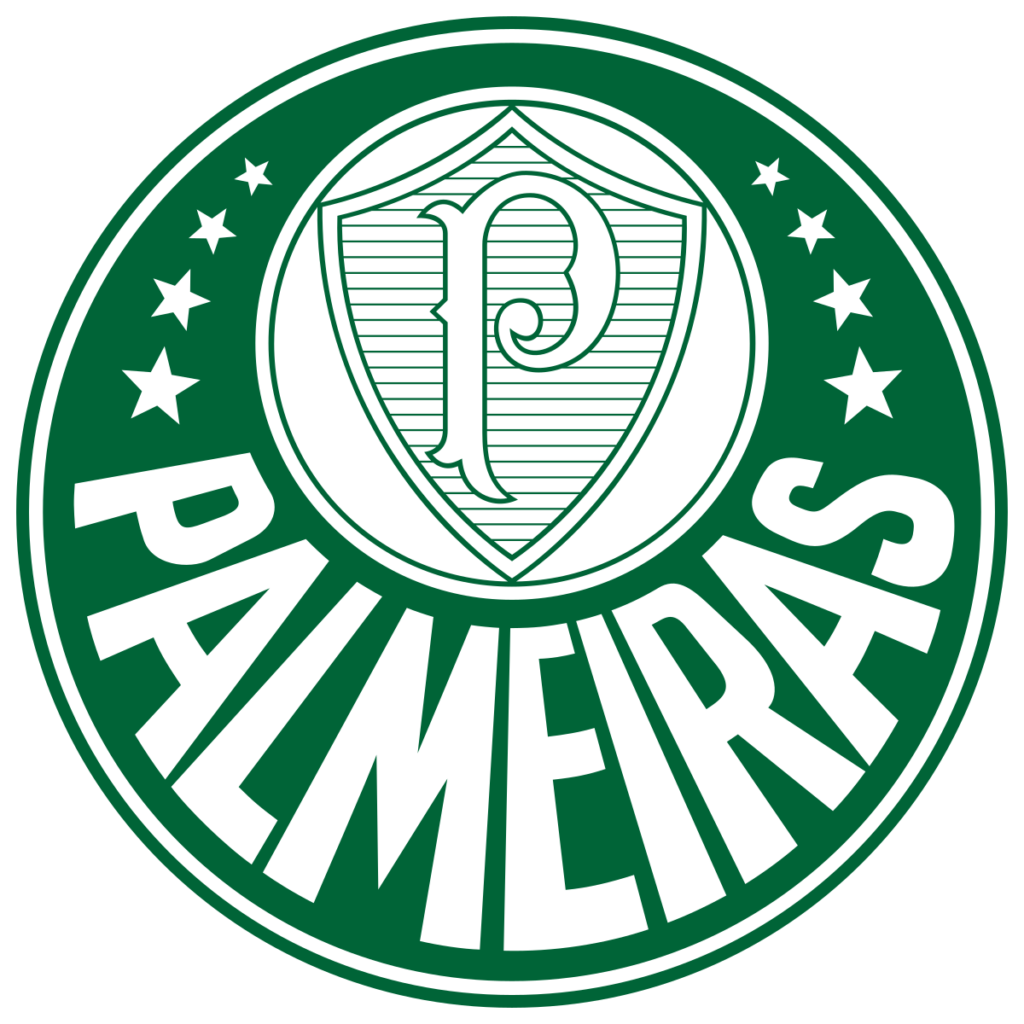
São Paulo, Brazil—March 27, 2025—Palmeiras enter the 2025 Copa Libertadores with a target on their back. Brazil has owned the competition for six straight years, with clubs like Palmeiras, Flamengo, and Botafogo lifting the trophy since 2019. Now, in Group G alongside Bolívar, Sporting Cristal, and Cerro Porteño, the Verdão face a test that could either cement their status as Brazil’s top dog or signal a shift in the continental pecking order. The group stage starts April 1, and Palmeiras kick off against Sporting Cristal in Peru on April 3.
The club’s Libertadores pedigree speaks for itself. Palmeiras claimed titles in 1999, 2020, and 2021, making them one of Brazil’s most decorated sides in the tournament. Under Abel Ferreira, who’s coached them since 2020, they’ve won nine major honors, including back-to-back Brazilian Série A crowns in 2022 and 2023. Ferreira’s pragmatic style—built on a solid defense and lethal counters—has kept Palmeiras atop the domestic heap. Their 2024 Série A campaign ended with a second-place finish, securing this Libertadores spot, though Botafogo snatched the title and the top seed.
Group G presents a familiar challenge: South America’s diverse terrain and tenacity. Palmeiras open on the road, then host Bolívar on April 10 and Cerro Porteño on April 24. The return legs hit in May—Sporting Cristal at home on May 15, followed by trips to Cerro Porteño (May 6) and Bolívar (May 29). With Brazil’s streak on the line, every match carries weight.
Bolívar: High-Altitude Hurdles
Bolívar, Bolivia’s representatives, bring a literal uphill battle. Based in La Paz at 3,600 meters above sea level, they thrive at Estadio Hernando Siles, where oxygen is scarce and opponents gasp. The 2025 Clausura season just started, but Bolívar lead early with 18 points from eight games, showing their domestic form. Coach Flavio Robatto leans on a 4-3-3, with striker Francisco da Costa as the main threat—he bagged six goals in last year’s Libertadores.
Palmeiras have faced Bolívar before, splitting results in the 2020 group stage (2-1 away loss, 5-0 home win). The Verdão’s squad, featuring midfielder Raphael Veiga and forward Dudu, has the technical edge. But altitude remains the equalizer. Ferreira will need his team’s depth—players like Gustavo Gómez and Rony—to grind out a result on May 29.
Sporting Cristal: Peruvian Persistence
Sporting Cristal, Peru’s 2024 Apertura champs, return to the Libertadores after a quiet 2024 group-stage exit. They’ve started 2025 mid-table in the Peruvian Liga 1, but their attack-first approach under coach Guillermo Farré shouldn’t be overlooked. Forward Martín Cauteruccio, a 37-year-old veteran, leads the line—he scored three times in last year’s tournament. The Estadio Alberto Gallardo in Lima isn’t a fortress like La Paz, but Cristal’s pace could stretch Palmeiras’ backline.
The Verdão hold a 3-1 historical edge over Cristal, including a 2-0 win in 2021. Palmeiras’ defense, anchored by Gómez and Murilo, rarely blinks at home—Allianz Parque saw just 14 goals conceded in 19 Série A matches last year. The April 3 opener in Peru will gauge Palmeiras’ road resilience, while the May 15 home leg offers a chance to flex their muscle.
Cerro Porteño: Paraguayan Grit
Cerro Porteño, Paraguay’s 2024 Clausura runners-up, round out Group G with a blend of experience and fight. They’ve reached the Libertadores semifinals four times, most recently in 2011, but haven’t won it. Coach Manolo Jiménez opts for a 4-4-2, with forward Diego Churín and midfielder Cecilio Domínguez driving the offense. Churín’s five goals in the 2024 Clausura highlight his threat. The Estadio General Pablo Rojas—known as La Olla—packs 45,000 fans, creating a cauldron for visitors.
Palmeiras swept Cerro Porteño in the 2022 round of 16 (3-0 away, 5-0 home), and their 2-1 group-stage win in 2023 reinforces the trend. Cerro’s physicality could trouble Palmeiras, especially on May 6 in Asunción, but the Verdão’s superior squad depth—think Endrick (if he’s not on loan) and Zé Rafael—should prevail at home on April 24.
Stakes Beyond the Group
The numbers back Palmeiras’ dominance. They’ve won eight of their last ten Libertadores group-stage matches, scoring 25 goals in that stretch. Brazil’s run—Palmeiras in 2020 and 2021, Flamengo in 2019 and 2022, Fluminense in 2023, Botafogo in 2024—puts pressure on the Verdão to deliver. A top-two finish in Group G sends them to the round of 16; third place drops them to the Copa Sudamericana playoffs. Anything less than advancing would dent their reputation.
Fans sense the stakes. “This is about more than the group—it’s Brazil’s honor,” said Palmeiras supporter Ana Costa outside Allianz Parque this week. Ferreira, meanwhile, downplayed the hype in a press conference: “We focus on each game, not history. Bolívar, Cristal, Cerro—they all want to beat us.”
The schedule favors Palmeiras with three home games, but road trips to La Paz and Asunción loom large. CONMEBOL’s prize—$23 million for the winner—awaits in November, likely in Lima. For Palmeiras, Group G isn’t just a stepping stone; it’s a proving ground. Brazil’s streak hangs in the balance—will the Verdão keep it alive? The answer starts next week.
